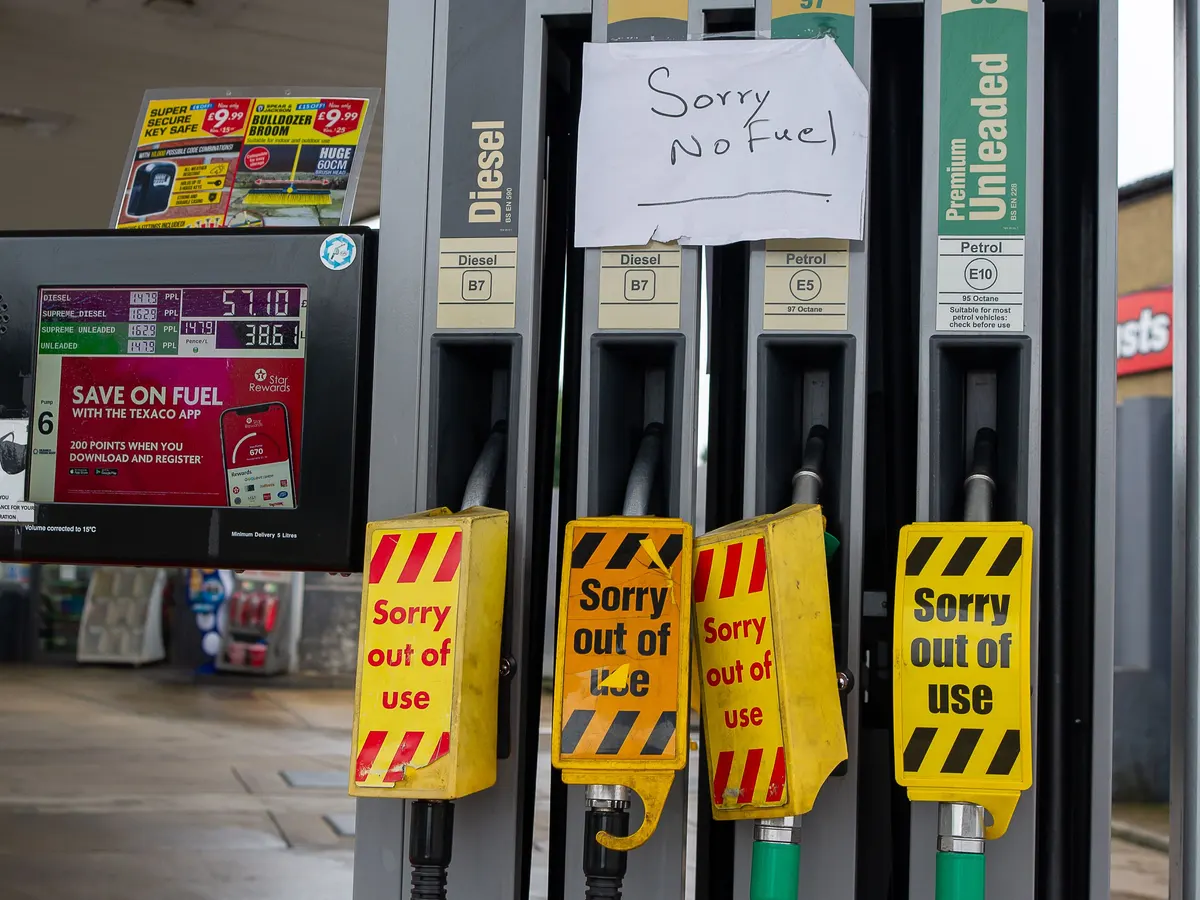3807
0
The supply situation in Great Britain continues to worsen
The supply situation in Great Britain continues to worsen. Groceries, mattresses, beer, gasoline - many goods are already in short supply.

Yazar: Tom Roberts
Yayınlanma: 8 Ekim 2021 23:25
Güncellenme: 13 Şubat 2026 15:49
The supply situation in Great Britain continues to worsen
The supply situation in Great Britain continues to worsen. Groceries, mattresses, beer, gasoline - many goods are already in short supply. There is not only a lack of truck drivers who bring the goods from A to B. In addition, consumers and industry are also suffering from the high gas price. It is no longer a question of whether the fir tree and turkey are secured for Christmas, but rather whether the infrastructure can be kept running or not. Power-intensive industries such as steel, chemicals and fertilizers warn of a difficult winter if the government does not take emergency measures against rising gas and electricity costs. The trade association UK Steel points out that steel production is "uneconomical" when British companies have to pay twice as high electricity prices as competitors in Germany, France and the Netherlands. British Steel is already demanding surcharges of up to £ 30 per tonne from its construction and automotive customers to cover higher energy costs. Consumers will feel it when they buy a car, says David Bailey, professor of business administration at Birmingham Business School. But the consequences of the gas price explosion are not only felt in prices. Leading companies in the glass and minerals industry point out the consequences for the environment. Factories may have to switch to cheaper fuels in order to be able to produce profitably. Window manufacturers could decide to operate their ovens again with environmentally harmful fuels, quoted the Guardian Paul Pearcy of the British Glass trade organization. "Some of our members still have heavy fuel oil on site after switching to gas," he warned. "Some are seriously considering using it because of the price of gas." Immediately before the Cop26 climate change conference in Glasgow, this is not "not a good advertisement".İLGİLİ HABERLER





European stocks soared and focus shifted to German retail sales after Powell's speech!

Forex Signal For TRY/USD: Inflation Slowdown in November.

Forex Signal For GBP/USD: Bullish Trend Still Not Breaking While Recovery Continues.

Forex Signal For EUR/USD: Starry US Data Points to Higher Fed Increases.

Forex Signal For BTC/USD: Downside Continues as Bitcoin Recovery Moves Less.
En Popüler Haberler
Yorum Yap
Yorumlar
Henüz yorum yapan yok! İlk yorumu siz yapın...